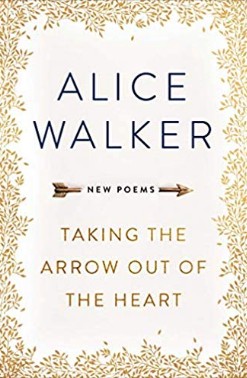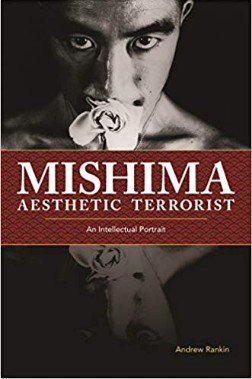|
English Summary/英文概要: Half a century after his shocking samurai-style suicide, Yukio Mishima (1925-1970) remains a deeply controversial figure. Though his writings and life-story continue to fascinate readers around the world, Mishima has often been scorned by scholars, who view him as a frivolous figure whose work expresses little more than his own morbid personality. In Mishima, Aesthetic Terrorist, Andrew Rankin sets out to challenge this perception by demonstrating the intelligence and seriousness of Mishima’s work and thought. Each chapter of the book examines one of the central ideas that Mishima develops in his writings: life as art, beauty as evil, culture as myth, eroticism as transgression, the artist as tragic hero, narcissism as the death drive. Along with fresh readings of major works of fiction such as The Temple of the Golden Pavilion and Patriotism the book introduces less familiar works in different genres. Special prominence is given to Mishima’s essays, which contain some of his most brilliant writing. Mishima is concerned with such problems as the loss of certainties and absolute values that characterize modernity, and the decline of strong identities in a world of increasing uniformity and globalization. In his cultural criticism Mishima makes an impassioned defense of free speech, and he rails against all forms of authoritarianism and censorship. Rankin reads Mishima’s artistic project, up to and including his spectacular death, as a single, sustained lyric, an aggressive piece of performance art unfolding in multiple media. For all his rebellious energies, Mishima’s work is suffused with a sense of ending-the end of art, the end of eroticism, the end of culture, the end of the world-and it is governed by a decadent aestheticism which holds that beautiful things radiate their most intense beauty on the cusp of their destruction. Erudite and authoritative, yet written in clear, accessible prose, Mishima, Aesthetic Terrorist is essential reading for all those who seek a deeper understanding of this radical and provocative figure.
Awards/获奖情况: This is one of the best books on Mishima I have read in years. By using Mishima’s aesthetics of beauty and violence (what the author calls "aesthetic terrorism"), the book provides a fascinating and insightful picture of Mishima’s aesthetic, stylistic, and overall development both as a writer and as what might be called a "performance artist," a man who combined his own life and art in the final performance of his attempted coup d’état and suicide. Mishima is once again being taken seriously as a major writer, and this book is a valuable contribution to the renewed discussion surrounding his work. It is a provocative and useful study about one of the most interesting writers of twentieth-century Japan. --Susan Napier, author of Miyazakiworld: A Life in Art
This is a powerful book written with style about a powerful writer who lived and died with style; a thought-provoking critique of the artistic and intellectual themes that characterize the figure we know as "Mishima." Rankin delves deep into the vast archive of Mishima’s essays, most of them untranslated, and juxtaposes them carefully with the fiction to spectacular effect. The result is to transport Mishima well beyond the immediate "Japaneseness" of his environment and reveal a writer whose work is of increasing relevance in a world that, more than ever, needs to understand the motivations that drive the "terrorist." --Richard Bowring, Emeritus Professor of Japanese Studies, University of Cambridge
This book is a real pleasure to read: it’s zippy and lucid and smart and has a nice personal touch. Given the amount that has been written on Mishima in Japanese, it is remarkable that Rankin’s argument comes across as fresh and original. Rankin reveals that Mishima’s spectacular suicide and his kitsch aesthetic politics were far more lucidly motivated than one had imagined. One of the biggest payoffs is the revelation of Mishima as a great, original, idiosyncratic literary critic and thinker. --Alan Tansman, author of The Aesthetics of Japanese Fascism
|


